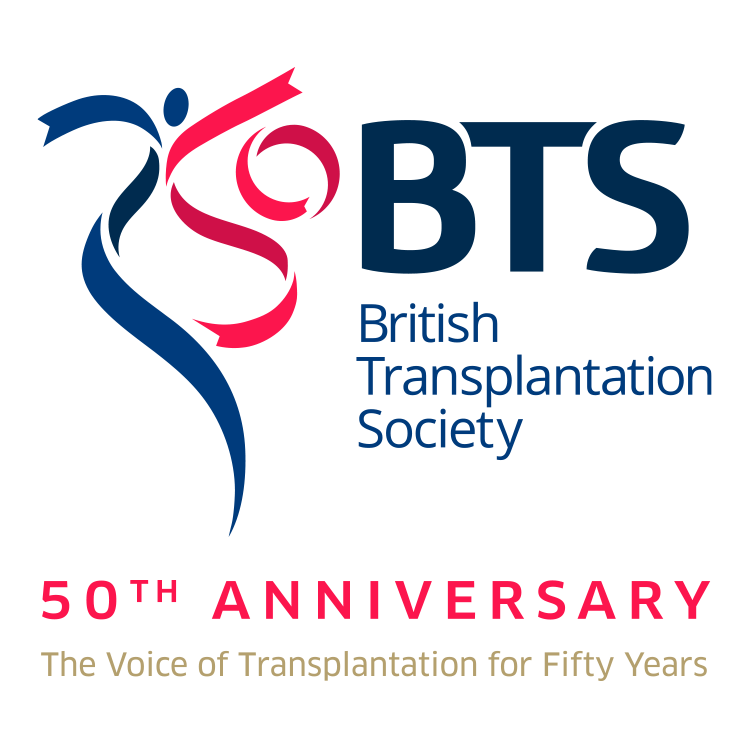Clinical Research in Transplantation
Background
This page is designed to provide help and resources to conduct clinical research in transplantation. It provides links to useful sites in addition to resources which investigators may find useful.
Planning Research
The MRC have produced a website which details the steps involved in planning a clinical trial. This clinical trials toolkit can be found at www.ct-toolkit.ac.uk
The basic steps in planning a study are as follows:
1. Identifying the research question.
This may follow a clinical observation, an audit of practice, discovery of a novel drug and so on.
2. Is it novel?
Investigate to see whether it has been previously investigated – a Pubmed search is a useful start and a search of current trials on in the ISRCTN register may also be helpful.
3. Is it research?
Decide whether the research is a clinical trial, service evaluation or audit. The National Research Ethics service provide a useful guide. Service evaluations and audit do not normally require research ethics approval.
4. Develop a protocol for the proposed research.
Guidance for protocols can be found in the ICH Good Practice Guidelines. A useful template for clinical trials can be found here. It is designed for clinical trials of investigational medicinal products (CTIMP) but can be altered to suit non-CTIMP studies. Consider taking statistical advice early – underpowered studies do not answer research questions, are costly and can be misleading. Get advice on the appropriate method of randomisation, where appropriate.
5. Data collection
Consider what information you need to collect. Do not be over ambitious, particularly about collecting data that might be difficult to access since you risk missing data and devaluing the study. Who will collect the data – do you need to fund a research nurse to help you. Consider how you will collect the data, eg preprinted report forms. Pilot these forms before printing a lot of copies – you will usually want to alter something. If you use a computer there are issues regarding patient identifiable data being held on personal computers and not being password encrypted. It is best to assign a study code to each patient and keep a key that relates the code to the patient in a locked filing cabinet kept on the trust premises.
You will need to keep the study data at least until the study is published, and for most studies a minimum time limit exists, commonly 10 years.
6. Get peer review of your proposed research before you start.
Not only is this a requirement of Research Ethics Committees and Trust Research and Development Committees, it may result in useful suggestions that improve the study you are proposing.
7. Pre-register the study.
If you consider your research as potentially novel enough consider registering the protocol ahead of the study with one of the leading medical journals such as The Lancet. This will not guaranteeing publication but will help, and it may yield useful comments and suggestions about the protocol that you may wish to adopt.
8. Apply for funding for research.
Ensure that you have sufficient resources available to complete the research including collection of all follow up data. For small studies your local hospital trust may have endowment funds that you can apply for. Larger studies will necessitate application to an external grant giving body such as the Medical Research Council, Kidney Research UK, British Heart Foundation – check their web sites for details of how to apply.
9. Apply to a Research Ethics Committee for approval.
This requires completion of an online National Research Ethics Service (NRES) application form. Guidance for completing the form, as well as the forms themselves, is available at the National Research Ethics website. They have a turn around time of 60 days. The main stumbling block is the Patient information sheet. Spend a lot of time getting this right, and road test it on non-medics to ensure it is clear and understandable. A template for producing a patient information sheet exists on the NRES website.
10. Apply to local R & D office for approval
All trusts have their own R and D office to which a section of the REC form should be sent. This will also take time, particularly if you are organising a multicentre study.
11. Research on a novel drug / indication.
If your research involves a novel drug, or use of a drug for a novel (nonlicensed) indication, you will need approval to do so from the Medicines and Healthcare products Regulatory Agency (MHRA). For this you must first apply for a Clinical Trials Authorisation (CTA) for your study, which again is done online.
12. Trial registration
Randomised studies need to be registered on a clinical trials database, such as Controlled Trials
13. Conducting the study
How will the study be run? Consider appointing a trial management committee and/ or trial steering group to help set up and run the study. Where potentially dangerous interventions are involved, and for all drug studies, consider establishing a safety monitoring committee the members of which are not involved in the study but who are told the study results as it recruits and who are empowered to stop the study if they feel it appropriate. It is important that members of this committee are familiar with clinical trials and have preferably sat on one before.
14. Recruitment
For clinical trials this always takes much longer than you envisage. Studies on new transplant patients tend to recruit better than studies on patients transplanted many years before. This latter group are fearful to rock the boat. Inform all the clinicians who might be involved in managing the patients in the study what is required of them.
15. Analysing the results
The first step in data analysis is to verify your results. Go back and check the data that has been collected for at least 10% of the patients to ensure accuracy.
Discuss the analysis with a statistician, and do not over interpret the results. A study showing no difference between two treatments is equally as valid as one that shows a big difference.
If you have any suggestions for further additions to this page please email me generalsecretary@bts.org.uk

![]()





